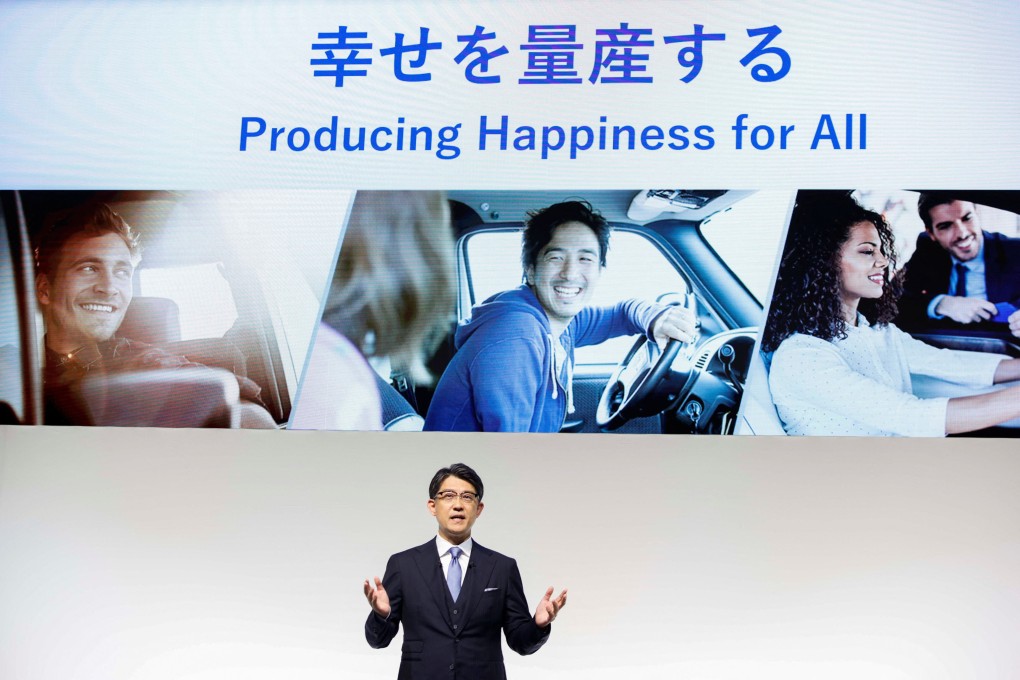Macroscope | New Toyota CEO must speed up transition to EV-first mindset
- Toyota’s slow electric vehicle transition, unless rapidly turned around, threatens to make it obsolete, in the face of new climate legislation and the phasing out of fossil fuel cars
- It is already losing out in its biggest market, the US, where rivals are using EV and battery tax breaks to win a competitive edge

As the new CEO of Toyota Motor Corporation, the world’s largest carmaker, Koji Sato, appointed on April 1, faces a daunting task. While global sales of electric vehicles have surged, Toyota lags far behind its competitors in rolling out EVs, with all-electric vehicles comprising just 0.2 per cent of its sales in 2021.
Carmakers that manufacture and sell EVs in the United States are set to benefit significantly. If Sato resists the development of battery-powered EVs, he risks dramatic profit losses as the legislation reshapes the world’s second-biggest car market.
Under the act, consumers receive a tax credit of up to US$7,500 for each qualifying EV bought. At present, no Toyota model qualifies for the tax credit, putting the carmaker at a steep disadvantage in the US market.
In the last 20 years, Toyota has only released one all-electric vehicle model, the bZ4X, which was then recalled and kept off the market for four months due to a risk of the wheels falling off. In 2021, Toyota’s EV sales rate was the lowest among the world’s 10 largest carmakers.
As of April 19, Ford and Volkswagen each had eight models eligible for the tax credits, and General Motors had six. In contrast, not a single Toyota model qualified.
